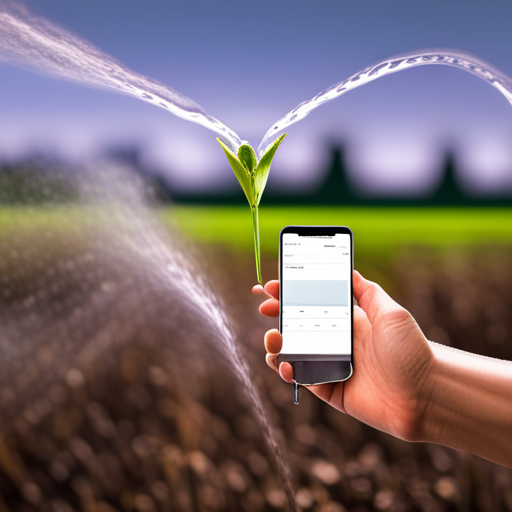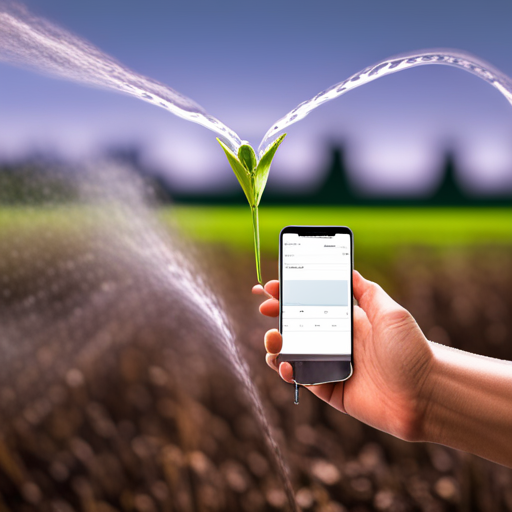Soil sensors play a crucial role in modern agriculture and environmental monitoring. These sensors provide valuable data on soil moisture, temperature, nutrient levels, and other important parameters. This article explores the scope of use of soil sensors, highlighting their applications in agriculture, water management, research, and urban planning.

Agriculture:
One of the primary applications of soil sensors is in agriculture. Farmers can use these sensors to monitor soil moisture levels and optimize irrigation practices accordingly. By ensuring that crops receive adequate water without wastage, farmers can improve crop yields and reduce water consumption. Soil sensors also help in optimizing fertilizer application by providing real-time information about nutrient levels. This allows farmers to apply fertilizers precisely, reducing costs and minimizing environmental impact.
Water Management:
Soil sensors play a vital role in water resource management. By continuously monitoring soil moisture levels, these sensors can provide valuable data for effective water usage. This is especially important in regions facing water scarcity or drought conditions. Water managers can use soil sensor data to schedule irrigation more efficiently, preventing overwatering and conserving water resources. These sensors can also help in assessing the health of ecosystems by monitoring soil moisture levels in wetlands, forests, and other natural habitats.
Environmental Monitoring:
Soil sensors are valuable tools for environmental monitoring and research. They can be used to study soil erosion, pollution levels, and the impact of land use changes on soil health. Researchers can analyze soil sensor data to understand the effects of climate change on soil conditions. This information can further aid in ecosystem management and conservation efforts. Additionally, soil sensors installed in urban areas can help monitor pollution levels and assess the impact of urbanization on soil quality.
Urban Planning:
Soil sensors have significant implications for urban planning and development. By analyzing soil moisture and composition data, urban planners can make informed decisions about landscaping, green spaces, and stormwater management. This can contribute to the creation of more sustainable and resilient urban environments. Soil sensors can also be used in construction projects to assess soil stability, aiding in the prevention of landslides and other hazards.
Research and Education:
Soil sensors are widely used in scientific research and educational settings. Researchers can utilize these sensors to study soil-plant interactions, nutrient cycling, and microbial activity in the soil. This data contributes to a better understanding of soil ecosystems and helps develop innovative agricultural practices. Educational institutions can incorporate soil sensors into their curriculum to provide students with hands-on experience in environmental monitoring and agriculture.
Smart Farming:
The integration of soil sensors into smart farming systems is gaining momentum. These sensors can be connected to automated irrigation systems and data loggers, enabling real-time monitoring and control. The collected data can be analyzed using artificial intelligence algorithms to optimize farming practices further. Smart farming technologies help reduce labor requirements, conserve resources, and increase yields.
Conclusion:
Soil sensors have a wide range of applications in agriculture, water management, research, urban planning, and education. These sensors provide valuable insights into soil moisture, temperature, nutrient levels, and other parameters. By leveraging this information, farmers can optimize irrigation and fertilization practices, leading to improved crop yields and resource efficiency. Water managers can make informed decisions about water usage, ensuring sustainability in water-scarce regions. Researchers can study soil health, pollution, and climate change impacts, aiding in environmental monitoring and conservation efforts. Soil sensors are valuable tools for urban planners, helping create sustainable and resilient urban environments. Additionally, they play a vital role in education and the development of smart farming systems. As technology advances, soil sensors will continue to revolutionize the way we manage our soils and ensure sustainable agricultural practices for a greener future.






